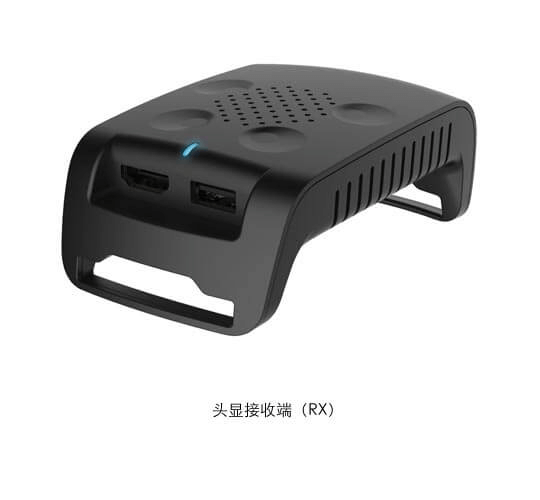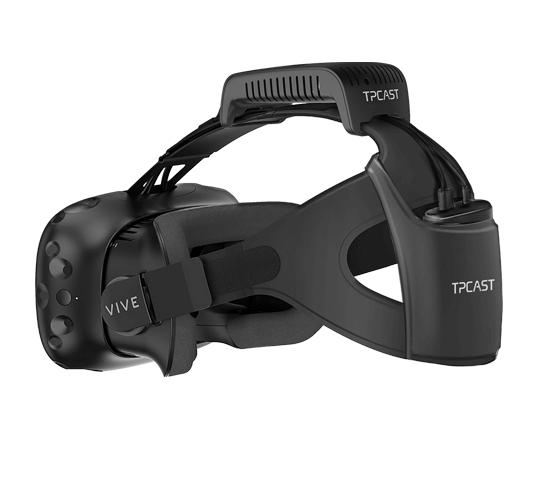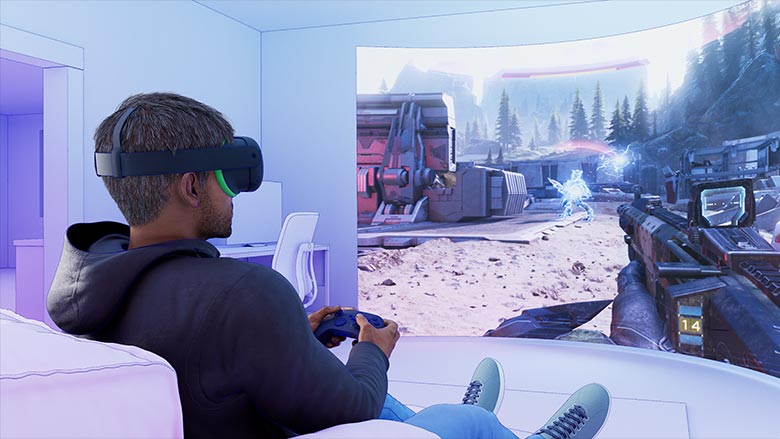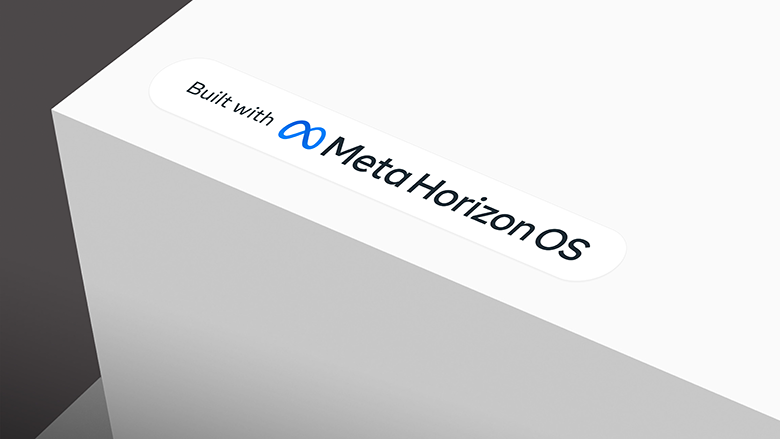Wireless Vive is now a reality
I talked a lot about how headsets wire is a big issue in virtual reality. I talked about standalone headsets and about HTC project to make Vive wireless. We were all thinking that this was only experimental research, when yesterday HTC made the big announcement: you can buy a device to make your Vive wireless!
The device is not produced by HTC itself, but by TPCAST and it is a little black box that you can position in the rear of your headset, then you plug your Vive in and it starts streaming your virtual reality data from/to the headset, so the Vive becomes wireless. Its cost is not that bad: 220$, that, with current high prices of virtual reality devices is completely acceptable.
HTC claims that you won’t notice any latency and that you will just live virtual reality of your dreams. Preorders started Friday (yesterday) and you could reserve your seat to have it before everyone else and try it by yourself. Hope you did it, because device has gone completely sold out in only 18 minutes! (Yikes!). If you didn’t do it, don’t worry: the company has announced another wave of pre-orders for next month.
After this announce we’ve been all very excited and in the same time skeptical: the announce of this game changing box is great, but will it really hold all the promises it’s making? Will it really be so cool? Streaming virtual reality means streaming tons of visual data at 90Hz… how did they manage to do it? Is it only fluff?
Usually Vive does not promise things that can’t hold, so it would be strange that they’re shipping something that doesn’t work. But the fact that they’re selling it only from an online China shop is quite strange: international customers have stated that they have not been able to preorder it, so only Chinese people can go wireless for now (they said that next pre-order wave will target people from all around the world, though).

A redditor, /u/fengyan, came us in help to answer our doubts. He knows people that tried the device in China and left us a super-interesting feedback:
It’s developed by TPCAST. Its CTO Zhou Zhaohui is the inventor of USB Flash Drive.
The Product Announcement was held today in Shenzhen. There were prototypes for experiencing on the spot. Those who tried it reported no noticeable latency or degrade of image. The prototype uses external battery in the pocket and can last 5 hours.
It uses 60GHz wireless technology. Transfer speed is 3.5g/s, 8 times of the current WIFI capacity.
The receiver is placed on the head opposite Vive, and make it more comfortable to wear than the wired original!
One inconveniency is that the transmitter must be placed high above head position for better transmission.
It is universal. Very easily adaptable to OTHER VR DEVICES!
Why is HTC so silent about this? Beause it is not developed by HTC itself, but a 3rd party company. And it is because this is HTC, a company reputed for particularly weak at advertisement.
As always, Reddit is a gold mine of useful informations. He witnessed that the device actually works! Wow! That would be amazing, finally a high-end virtual reality headset without cable! Battery time is 5 hours, enough to play every day with virtual reality and then let it recharge during the night. But the true important info in my opinion is that it is theoretically usable with any headset: this would mean for TPCAST the ability to make Oculus wireless, too… even if I think that HTC has required some kind of initial exclusive on this device
One of the reasons why I think that this is a great move is that this device lets you transform the HMD you already own in a wireless headset. Oculus has showcased its Crescent Bay wireless prototype, but it seems that it is another device you would have to buy to have a wireless Oculus. An upgrade kit is a far better option, because you don’t have to spend tons of money to have the wireless feature. As always, competition between these two companies is fostering new innovations in the virtual reality field and that’s great!
One of the big doubts that I have is about radiation pollution. You should keep near your head a device streaming tons of gigabits every second (3.5Gb/s, to be precise) over Wi-Fi and you should play with it for some hours a day. Using smartphones to call people more than 30minutes a day is considering a risk for health… what can be the implications of such usage of wireless virtual reality? I think that we still don’t know.
Anyway, I would like to try it myself to have my final opinion on this fantastic innovation: in the VR field I’ve seen so many promises not kept, that I want to experiment things by myself. So, HTC, if you’re reading this, please call me for a private trial of your new device!
And you, if you’re reading this, please share and comment this article!
(Header Image by HTC)
Disclaimer: this blog contains advertisement and affiliate links to sustain itself. If you click on an affiliate link, I'll be very happy because I'll earn a small commission on your purchase. You can find my boring full disclosure here.



